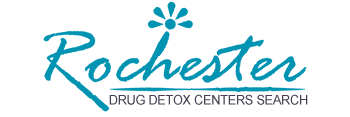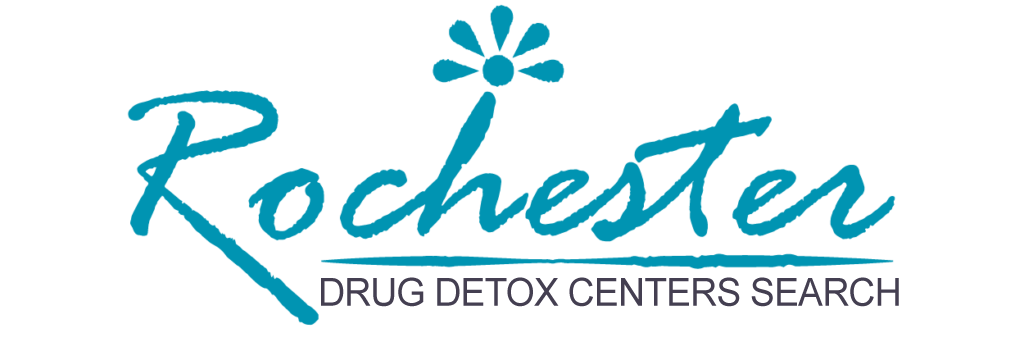Moral Reconation Therapy in Rochester, NY
Moral reconation therapy (MRT) is a psychotherapeutic approach to drug treatment based on conventional cognitive behavioral therapy (CBT). Moral reconation therapy has been successfully applied in correctional institutions and drug treatment centers across the country, with programs available in Rochester and numerous other locations. While moral reconation therapy can be applied on a stand-alone basis, it is often combined with other forms of cognitive and behavioral treatment. If you or anyone you know needs help overcoming a drug or alcohol problem, let Drug Detox Centers Rochester be your guide.
What is Moral Reconation Therapy (MRT)?
Moral reconation therapy is a form of psychotherapy that attempts to improve moral reasoning and frustration tolerance among the treatment-resistant population. Based on CBT, moral reconation therapy is designed to help people with a wide array of substance use disorders. MRT was originally developed in 1988 and has been referenced in 78 published studies since that time. By teaching people to become more aware of their emotional and cognitive distortions, this program can help people to overcome long-term patterns of drug abuse and addiction. MRT programs are available in Rochester and across the United States.
Steps of MRT
MRT is applied in a sequential fashion, with a seven-step process typically used depending on the individual progress of each client. Participants work through a 16-unit program applied in seven stages, each of which is important to the overall process. The first stage of MRT involves a direct confrontation of existing belief structures and patterns. The second stage involves an analysis of friendship groups and family dynamics. The third stage involves steps to reinforce positive beliefs, patterns, and attitudes, with the fourth stage building on this self-concept to improve self-identity and self-esteem. The fifth stage teaches patients a renewed concept of self, with the sixth stage teaching frustration tolerance and the final stage teaching moral reasoning. At the end of the program, participants should be able to understand their limitations and have the psychological skills they need to make different lifestyle decisions.
Relapse Prevention
Relapse is a common outcome of drug addiction, with up to 60 percent of drug treatment admissions relapsing at some point according to the National Institute on Drug Abuse (NIDA). In order to reduce relapse rates, recovering drug addicts need to learn how to identify possible emotional and lifestyle triggers, avoid dangerous situations, and cope better with the challenges of life as they arise. Relapse prevention techniques are built into many rehab and aftercare programs, including residential and outpatient rehab. Moral reconation therapy helps to reduce relapse rates by giving people the awareness and skills they need to make better lifestyle decisions.
The Importance of Aftercare
While detox enables drug discontinuation and rehab helps to address the psychological factors that underpin addiction, additional measures are also needed when formal drug treatment programs have been completed. Addiction aftercare includes all measures administered after rehab, including sober living communities, 12-step support groups, SMART Recovery, and ongoing family therapy. If you need to access moral reconation therapy or any kind of drug treatment in Rochester, Drug Detox Centers Rochester can be your guide. Call to speak with one of our caring recovery advocates.


